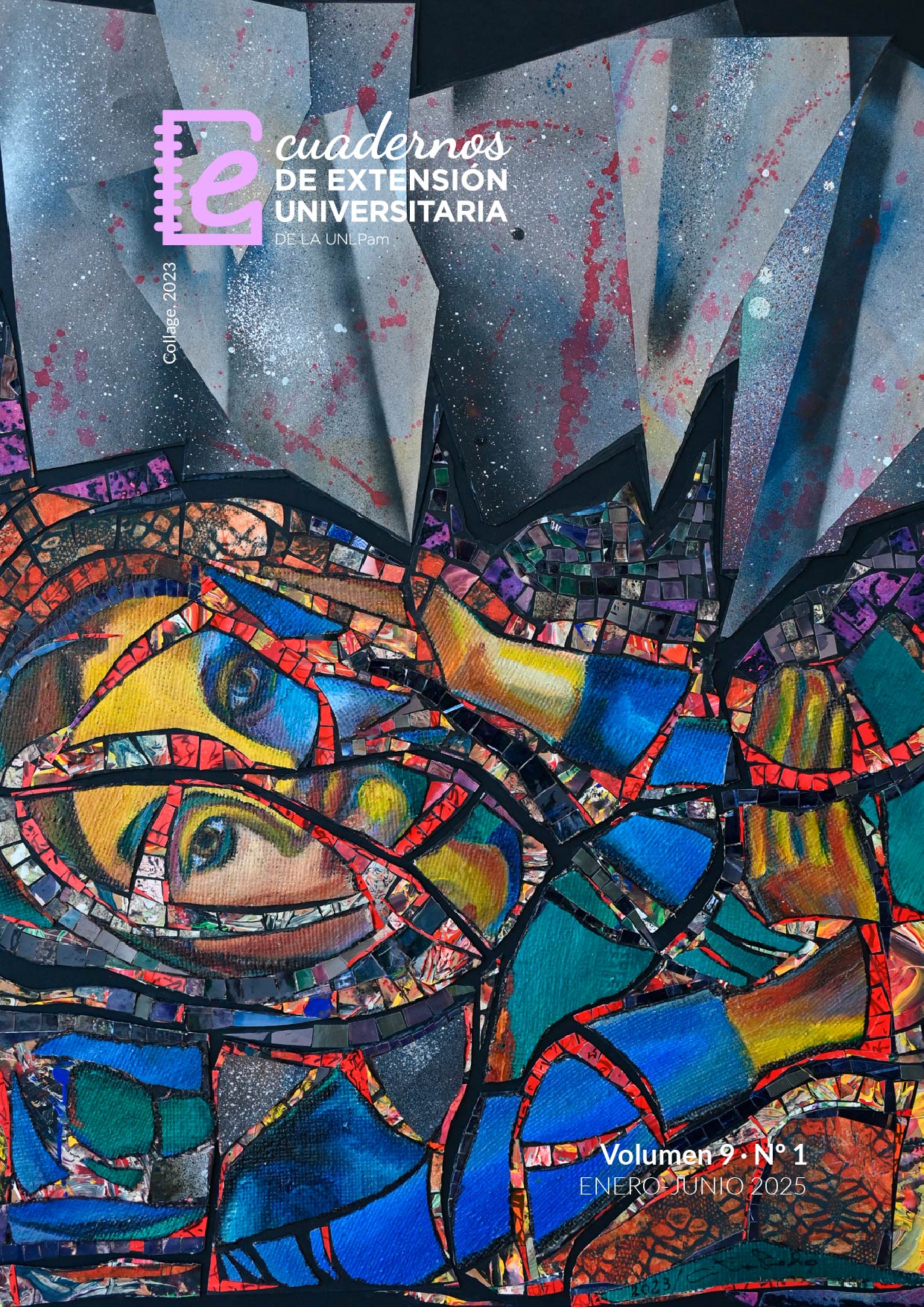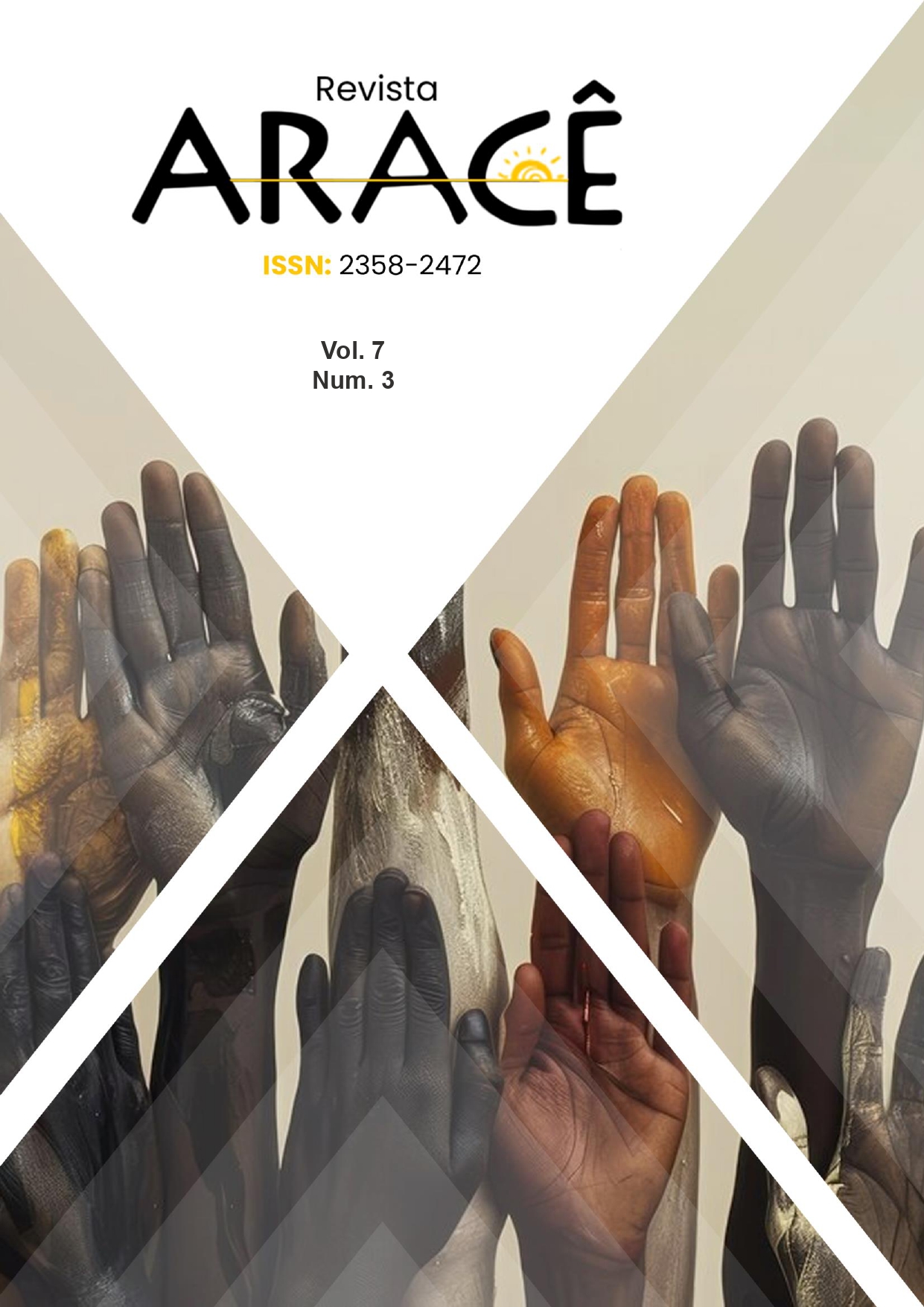Resumen
In Argentina, 14.6 % of the babies born alive are born to parents that are 19 years of age or younger and most of them are born into impoverished families. This socioeconomic disparity is a major barrier to adolescent girls attempting to exercise their sexual and reproductive rights in Argentina. One of the common characteristics among pregnant and parenting adolescent girls in our country is poverty. The numbers are unprecedented, 17 of every 18 teen moms live in poverty, a differential that reflects serious social inequality. In Argentina, over 67 % of the people under the age of 18 are poor. Poverty makes the process by which adolescents develop responsible sexual behavior and prevent unintended adolescent pregnancies that is far more complicated in a country such as Argentina. A serious problem for Argentine adolescents who become pregnant or give birth is that too often they do not continue their education. In fact, about 20 % of girls who become pregnant in Argentina do not finish their primary level of education; while among girls who do not become pregnant only about 4 % do not finish their primary level of education. It is also noteworthy that related to the social characteristics of these girls up to 49 % of the adolescents that are mothers live in inadequate housing, and only 27 % have health coverage. We also make the point that traditionally adolescent mothers have been thought of as single parents or mothers that do not have a partner. Research, however, shows that more than half of adolescent mothers are married or live together with the father as a couple. Often, these relationships are the result of the adolescent girl becoming pregnant. Including the father (particularly adolescent fathers who are too often ignored and forgotten) can improve the adolescent-mother’s utilization of prenatal and postpartum care.






